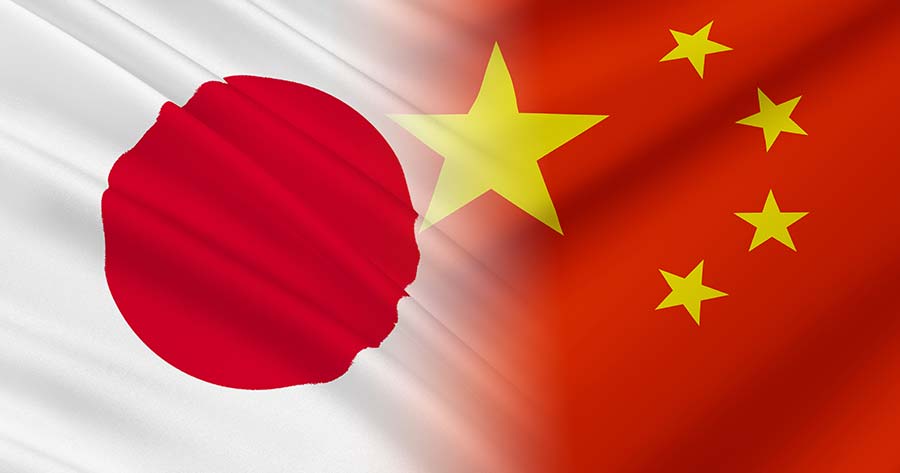China and Japan signaled on Friday that they were nearing a breakthrough in a protracted row over Tokyo’s release of treated wastewater from the Fukushima nuclear plant—a dispute that triggered a sweeping Chinese ban on Japanese seafood nearly a year ago.
Japan began discharging treated water from the Fukushima facility into the Pacific in 2023, following backing from the International Atomic Energy Agency (IAEA). While Tokyo maintained the process met international safety standards, the action sparked a furious reaction from Beijing, which imposed an outright ban on Japanese seafood imports in August.
On Friday, both governments pointed to significant progress in talks this week. China’s customs administration said several rounds of technical exchanges had “achieved substantial progress,” though it refrained from elaborating.
Japan’s Chief Cabinet Secretary Yoshimasa Hayashi announced that both sides had agreed on technical criteria for resuming fishery product exports to China.
Exports to China could recommence once Japanese export facilities complete the re-registration process, Hayashi announced, calling it a “major milestone.”
China had already indicated in February that its own testing of seawater and marine life near Fukushima detected no anomalies, but Beijing insisted on further analysis before lifting the embargo.
The issue stems from the 2011 Fukushima disaster, when a massive earthquake and tsunami led to reactor meltdowns and forced the storage of contaminated water, which has since been treated and gradually released. China, however, strongly opposed the release of the treated water, citing environmental concerns.





